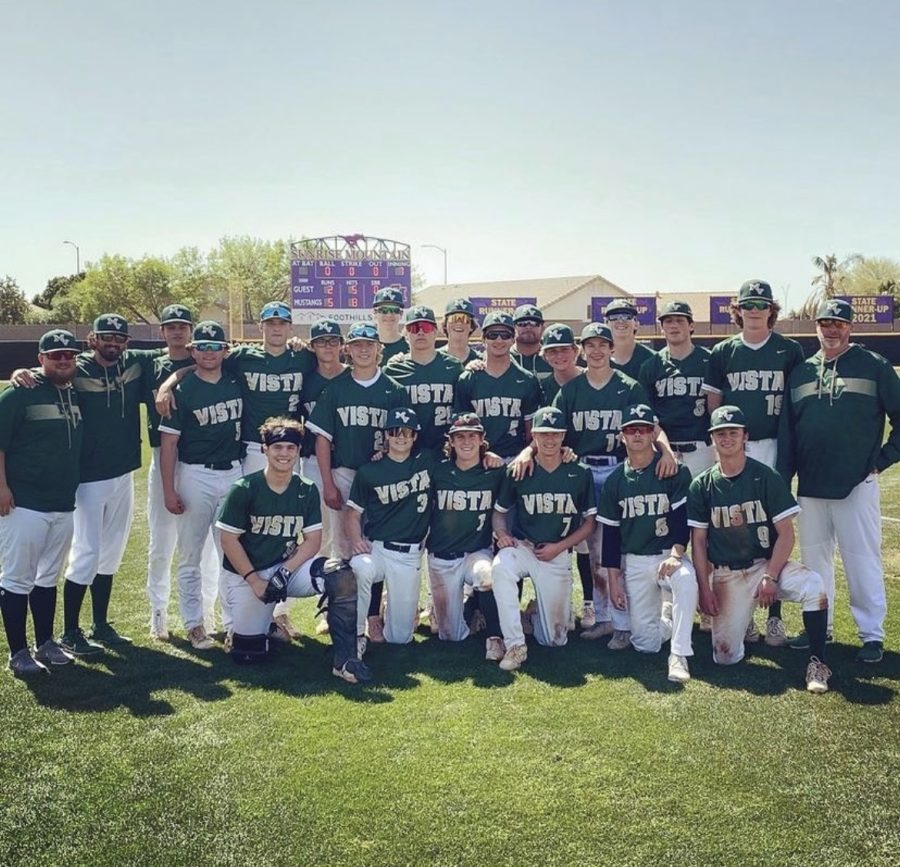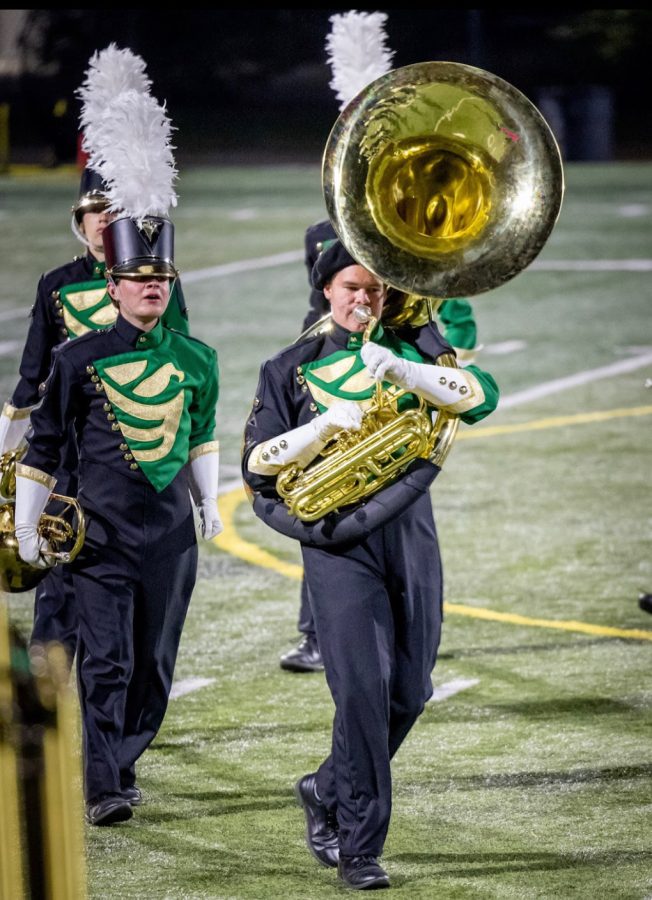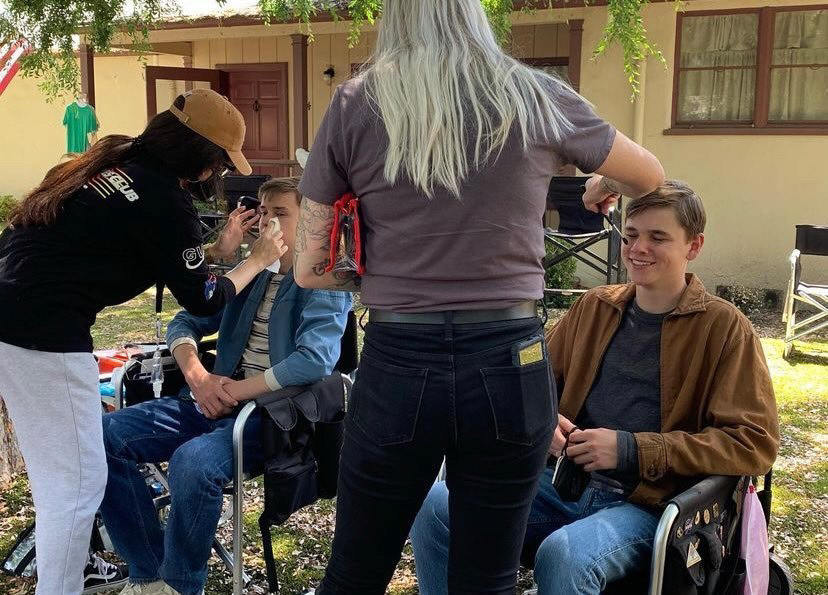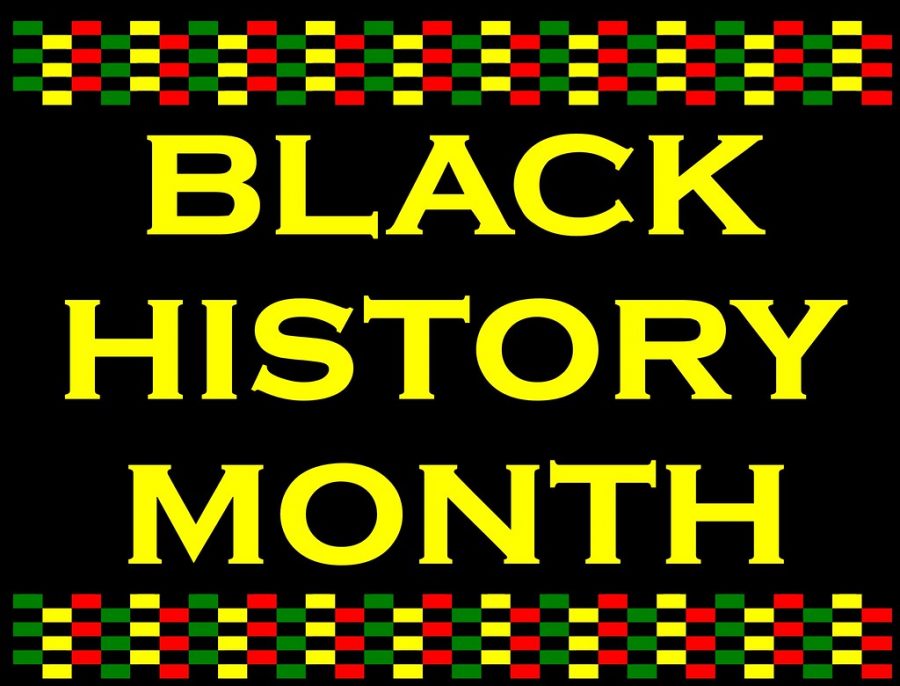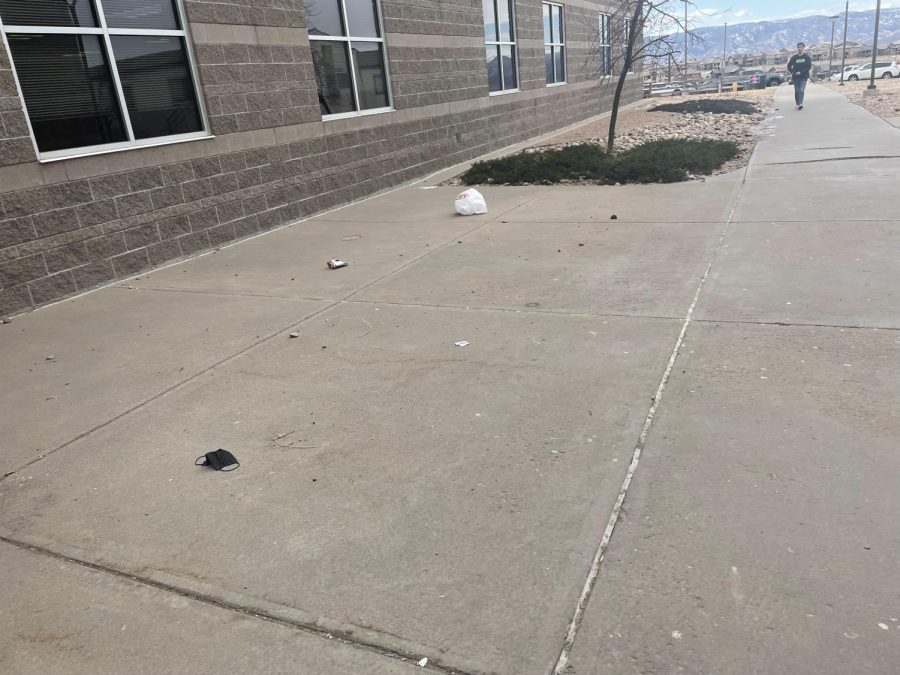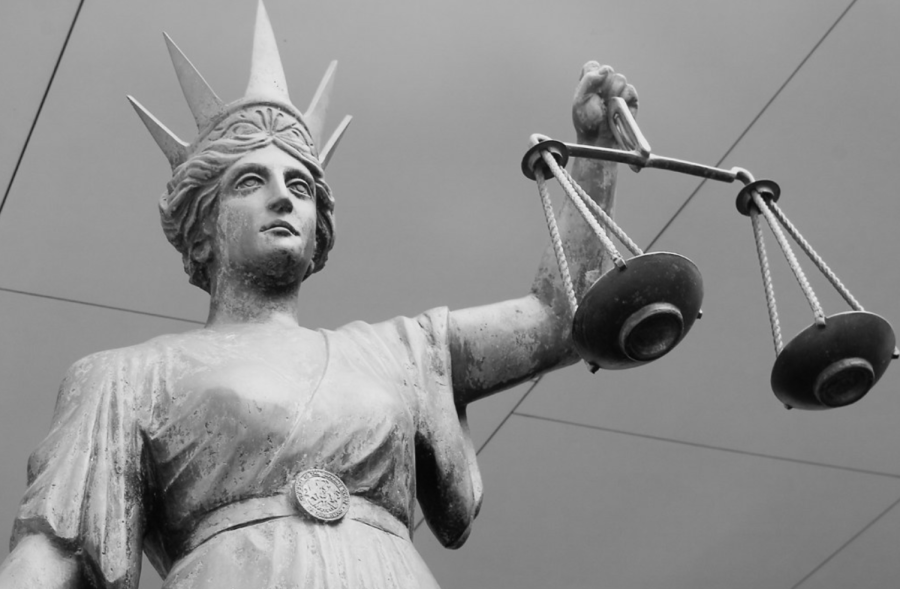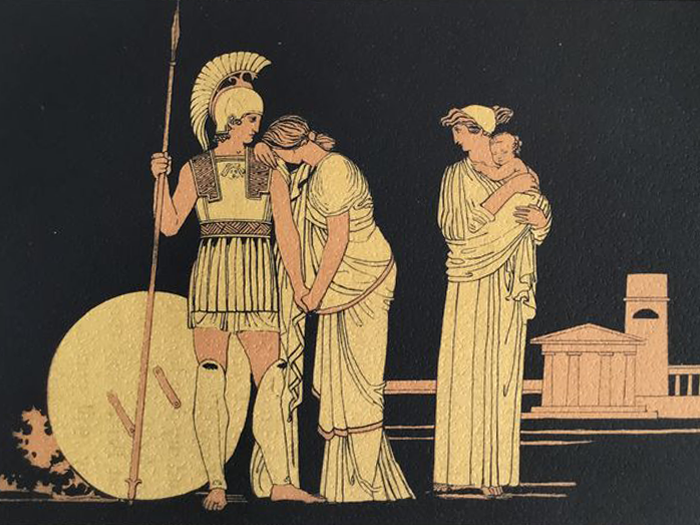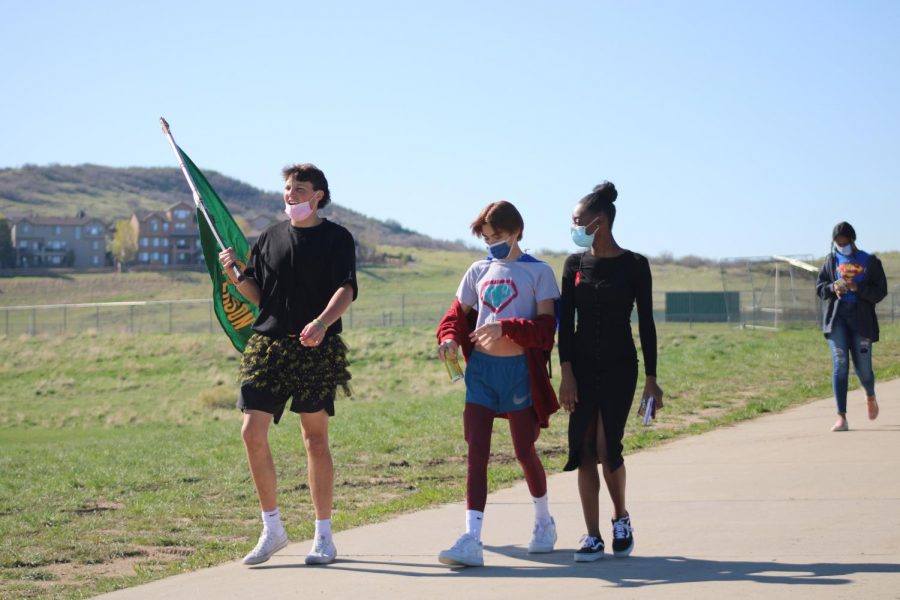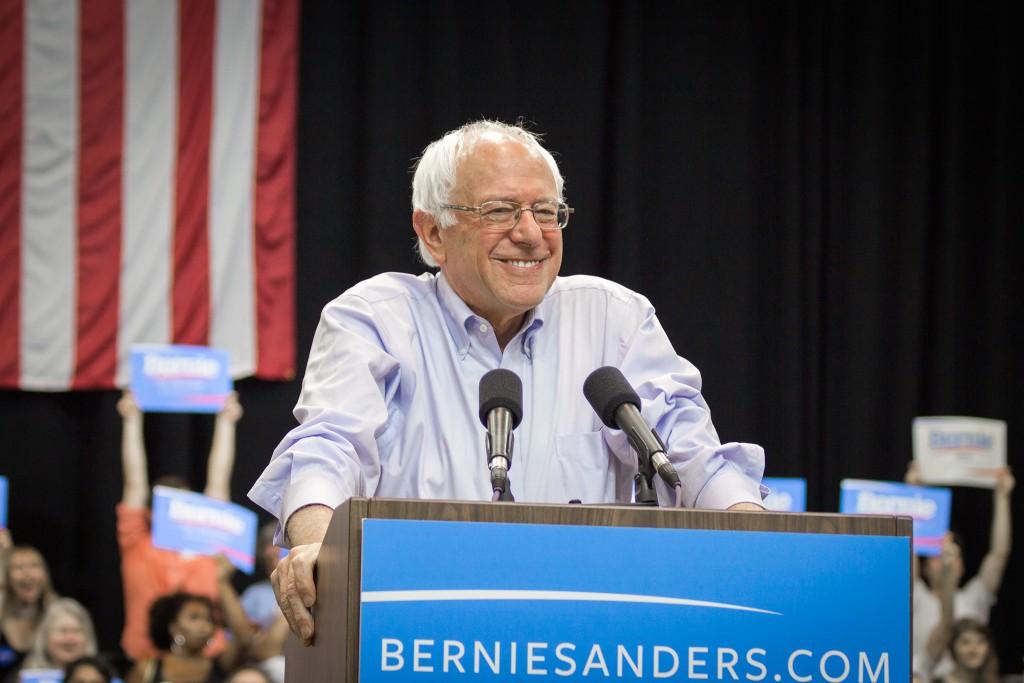KATIE PICKRELL
My colleague Christian Holton recently wrote an article entitled “Bernie’s Racist Blunder,” which degraded the Vermont senator’s stance on race relations in the United States.
The statement Bernie Sanders was attacked for occurred during the most recent debate in Flint, Mich., a predominantly black community that has been hit hard by economic and social turmoil in recent years.
As a white American, Sanders claimed, “When you are white you don’t know what it’s like to be living in a ghetto, you don’t know what it’s like to be poor.”
Though Sanders did make this statement, the context behind it verifies its accuracy.
“I was with young people active in the Black Lives Matter movement. A young lady comes up to me and she says, you don’t understand what police do in certain black communities. You don’t understand the degree to which we are terrorized, and I’m not just talking about the horrible shootings that we have seen, which have got to end and we’ve got to hold police officers accountable, I’m just talking about everyday activities where police officers are bullying people. So to answer your question, I would say, and I think it’s similar to what the secretary said, when you’re white, you don’t know what it’s like to be living in a ghetto. You don’t know what it’s like to be poor. You don’t know what it’s like to be hassled when you walk down the street or you get dragged out of a car. And I believe that as a nation in the year 2016, we must be firm in making it clear. We will end institutional racism and reform a broken criminal justice system.”
Sanders was not claiming that they are no white individuals living in impoverished communities.
Sanders was not implying that white people have never felt the impact of police-driven terrorism.
Sanders was not, by any means, stating that ghettos are strictly black.
As the son of two Polish immigrants, Sanders himself grew up without much money.
He has recently clarified his comments to say, “I know about white poverty. It exists in my state, it exists all over this country. In the richest country in the history of the world, we have more income and wealth inequality than any other country.”
Practically, what Sanders was saying was the white communities are typically richer than their non-white counterparts. African-American and Latino communities, on the other hand, fall victim to economic downturn and violence at striking rates.
This statement is not up for debate, it is a factual occurrence throughout the United States and Sanders is right to call on the American culture and political system to stand up and fight for equality between all races.
To attack Sanders for being a racist is unjustifiable. In one of the most comical, depressing election seasons of all time, there has been plenty place for racism, but the Sanders’ camp has never been one of them.
Sanders was the first presidential candidate on either side to come out and claim the Black Lives Matter movement is an important aspect of American culture.
Sanders was also the first candidate to call for the abandonment of privatized prisons, to abolish the death penalty and to re-enfranchise convicted felons.
Meanwhile, the media ignores the flaws of candidates who are literally banned from entering foreign nations and hails the “feminism” of individuals who silence Black Lives Matter protestors.
Collectively, we as a nation need to deepen our understanding of the role race truly plays in paving the way for success.
White skin is not a free ride, but it makes the road a hell of a lot less bumpy.








